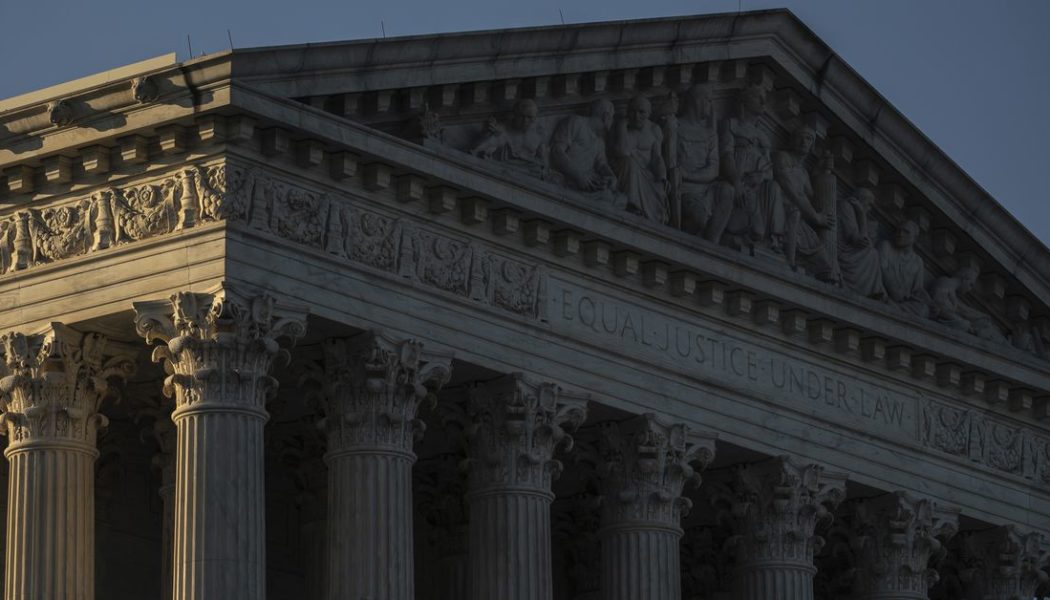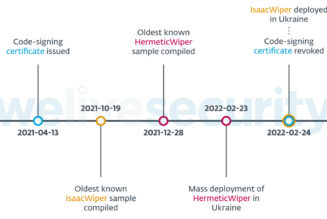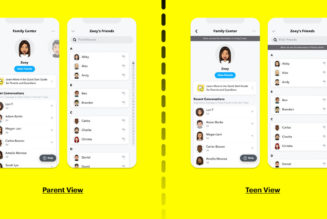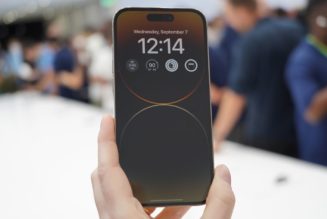
Today, the Supreme Court effectively overturned the right to a legal abortion established by Roe v. Wade in 1973. In a 6-3 ruling, the court voted to reverse a lower court’s decision in the case of Dobbs v. Jackson Women’s Health Organization, removing any constitutional restriction on laws banning abortion procedures.
“The Constitution does not confer a right to abortion,” the ruling reads “Roe and Casey are overruled, and the authority to regulate abortion is returned to the people and their elected representatives.”
The decision has been widely anticipated after a draft of the ruling was obtained by Politico in May, an unprecedented breach of the court’s usual secrecy. 22 US states have “trigger laws” in place that will automatically institute new restrictions in response to the ruling, resulting in a near-instant rollback of available services across the country.
In anticipation of the ruling, privacy groups have raised alarm over the collection and trade of location data that could be used to identify people visiting reproductive care facilities, often collected from phones or other devices. There have been a number of efforts to limit the sale of this data in advance of the ruling, including a bill introduced by Sen. Elizabeth Warren (D-MA) in June. The pending restrictions have also renewed interest in remote or DIY abortion treatments like misoprostol and similar drugs.
Developing…









